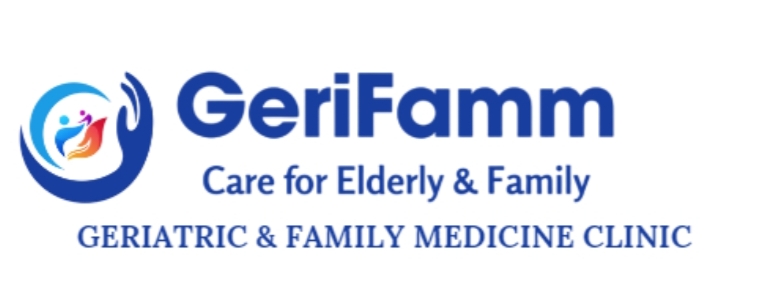Pneumonia is an infection that affects the lungs and can cause severe illness in children. It’s important for parents to be informed about this illness because it can escalate quickly. Coping with child’s pneumonia requires understanding its nuances. It impacts many families, so having know-how about it can make a significant difference.
The prevalence of pediatric pneumonia is something every parent should keep in mind. It can occur in children of all ages. Knowing the signs of pediatric pneumonia can help parents act fast. Given its common occurrence, awareness is the first line of defense. Addressing pneumonia early can prevent complications.
Understanding pneumonia, especially knowing when to seek medical help, is crucial for every parent. This guide focuses on giving parents the tools they need. By recognizing symptoms and understanding treatment methods, parents can provide the best care possible for their children.
Understanding Symptoms and When to Seek Care
Recognizing symptoms of child’s pneumonia is crucial. Common signs include a persistent cough and fever. Rapid breathing is another indicator. These symptoms can resemble those of a cold, but they tend to be more intense. Distinguishing child’s pneumonia vs common cold can be challenging, but knowing when to seek care can be life-saving.
More serious signs require urgent medical attention. Look out for difficulty breathing and bluish lips. These are signs your child needs immediate medical help. Another critical aspect is knowing the signs of pneumonia in newborn babies and how they differ from older children. Pneumonia signs in infants may include things like fussiness and a weak cry.
Parents can take steps to recognize pneumonia early. Regular observation of your child’s health and knowing what changes to look for can help. Being aware of key indicators allows you to act before the condition worsens. Differentiating between various illnesses ensures that children receive proper care.
Home Care and Treatment Options
Supporting a child with pneumonia starts at home. Here are some key steps:
- Encourage rest and ensure they stay hydrated.
- Maintain a smoke-free environment.
These practices help ease symptoms and aid recovery. Proper care makes It easier for children to battle the illness.
When it comes to medication, antibiotics are often used for bacterial causes. They are an important pneumonia treatment options for children. It’s crucial to follow the treatment protocol your doctor prescribes. Consistent medication usage aids effective recovery.
Nutrition also plays a significant role. Diet tips for child’s pneumonia include incorporating fruits and vegetables that boost the immune system. Hydration and balanced meals support natural healing.
- Think of foods rich in vitamin C.
- Pay attention to their fluid intake.
Maintaining a stress-free environment is vital for both the child and the parent. Stress can impede recovery and cause unnecessary worry. Creating a calm atmosphere at home can help everyone cope better. Patience and understanding go a long way in fostering a positive environment. Ensuring that your child feels loved and cared for can significantly boost their well-being.
Preventing Pneumonia in Children
Prevention is always better than cure. Vaccinations are critical in pneumonia prevention in children. Make sure your child is up to date. Pneumococcal and Hib vaccines are particularly crucial in protecting against pneumonia. Keeping a record of vaccinations helps in planning.
Hygiene plays a vital role too. Encourage regular handwashing and proper cough etiquette. These practices lower infection risks. Simple steps can make a big difference.
Lifestyle choices can also impact overall immunity. Ensure your child has a balanced diet and clean air to breathe. Even breastfeeding has been shown to contribute positively. Each of these components plays into leading a healthy lifestyle, keeping your child safe and well.
In summary, coping with child’s pneumonia involves a multi-faceted approach. From prevention to treatment, having the right knowledge can guide you in safeguarding your child’s health. Knowing aspiration pneumonia in infant’s signs and symptoms can further enhance your preparedness. Always be proactive in learning about your child’s health and the best ways to support it. With education and love, parents can navigate through the challenges pneumonia brings and ensure a smooth journey to recovery.

